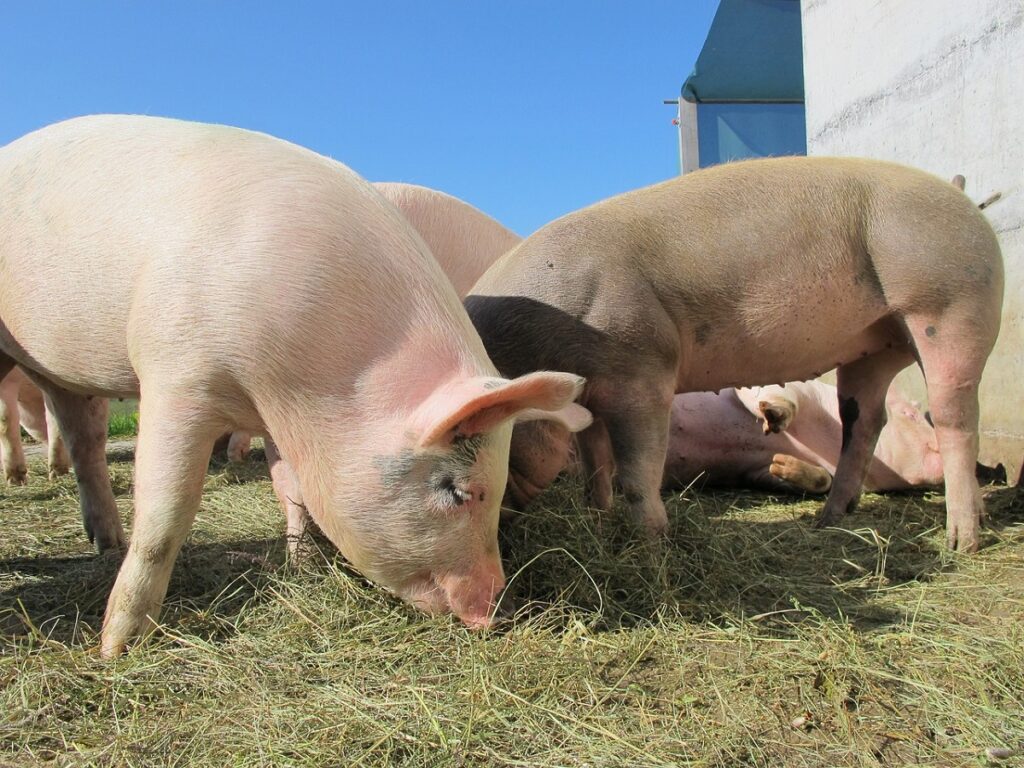Acceligen has developed a breed of pigs resistant to the devastating disease Porcine Reproductive and Respiratory Syndrome (PRRS), the Biotechnology Innovation Organization (BIO) member company announced on Monday.
PRRS is a viral disease that impairs reproduction and attacks the respiratory system in pigs. This disease costs the pork industry $644 million a year. Vaccines provide limited protection as the virus mutates rapidly, and there are no effective treatments.
How gene editing could stop PRRS
In a 2017 study, researchers at Kansas State University discovered that pigs born without the coding for the CD163 protein in their DNA are resistant to PRRS.
“We have created a protective shell against the PRRS virus during the reproductive phase of production,” Raymond “Bob” Rowland, a professor of diagnostic medicine and pathobiology, said. “The offspring does not become infected during pregnancy and is born a healthy piglet. During this critical phase of production, we have essentially ended a disease.”
Now, Acceligen is gene editing for protein modification to make pigs naturally resistant.
Along with preventing economic loss, “breeding of pigs naturally resistant to PRRS may reduce the environmental impact of pork production by improving efficiency,” says Acceligen.
Additionally, “the use of new breeding technology enabled by gene editing to prevent PRRS will improve the overall animal well-being leading to healthier animals and a safer food supply.”
The resistance to PRRS virus infection was proven effective through a collaboration with Professor Bob Rowland at the University of Illinois.
This isn’t Acceligen’s first breakthrough
The company developed gene-edited cattle with a “slick coat” that makes them more tolerant of higher temperatures caused by climate change. As the first gene-edited food animals to receive a Food and Drug Administration (FDA) “low-risk” determination, these cattle can be marketed without prior FDA approval.
Acceligen has also partnered with the USDA’s Agricultural Research Service to develop gene-edited cattle resistant to bovine viral diarrhea (BVD), a disease caused by the Bovine Viral Diarrhea Virus (BVDV) that results in respiratory and reproductive problems in cattle.
“Gene-editing is one of the most powerful breeding tools that allows us to address some of the biggest challenges facing the pork industry and to create a more sustainable and ethical food system,” says Acceligen CEO Tad Sonstegard.




